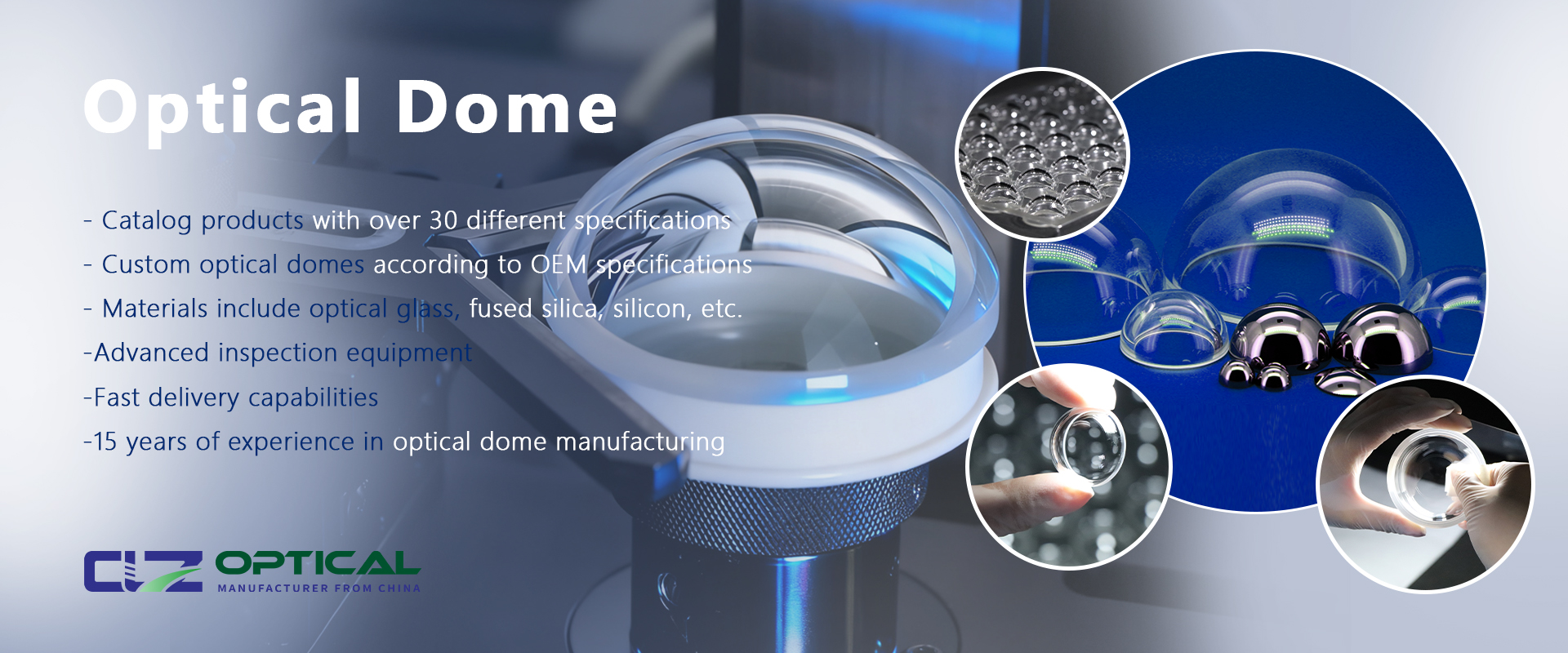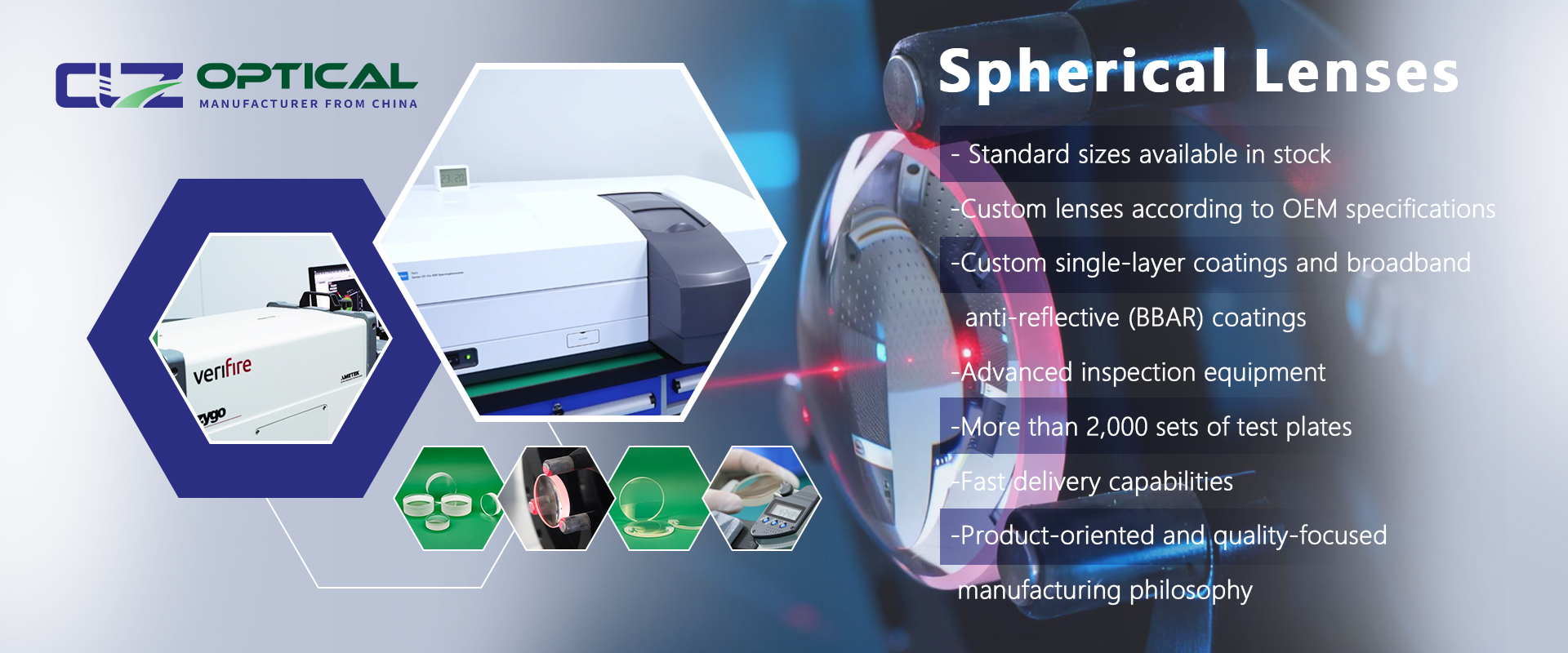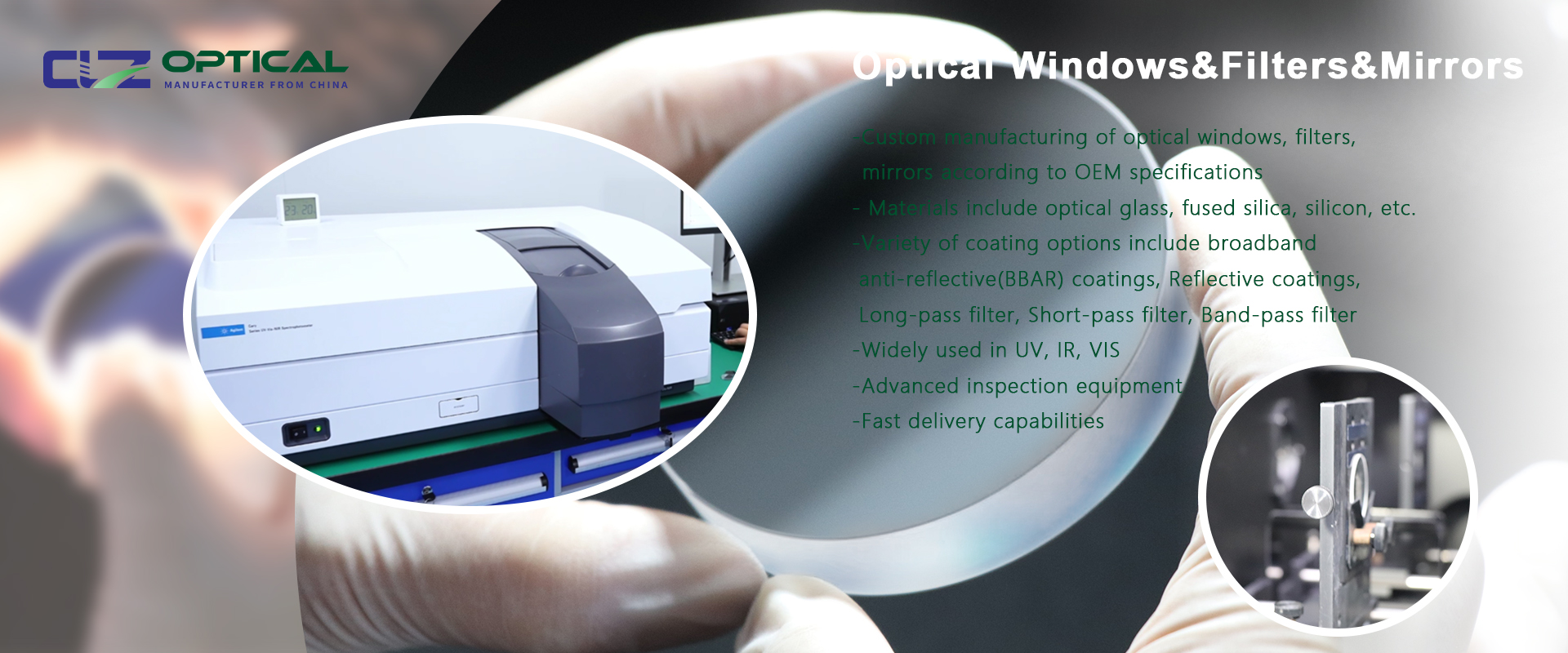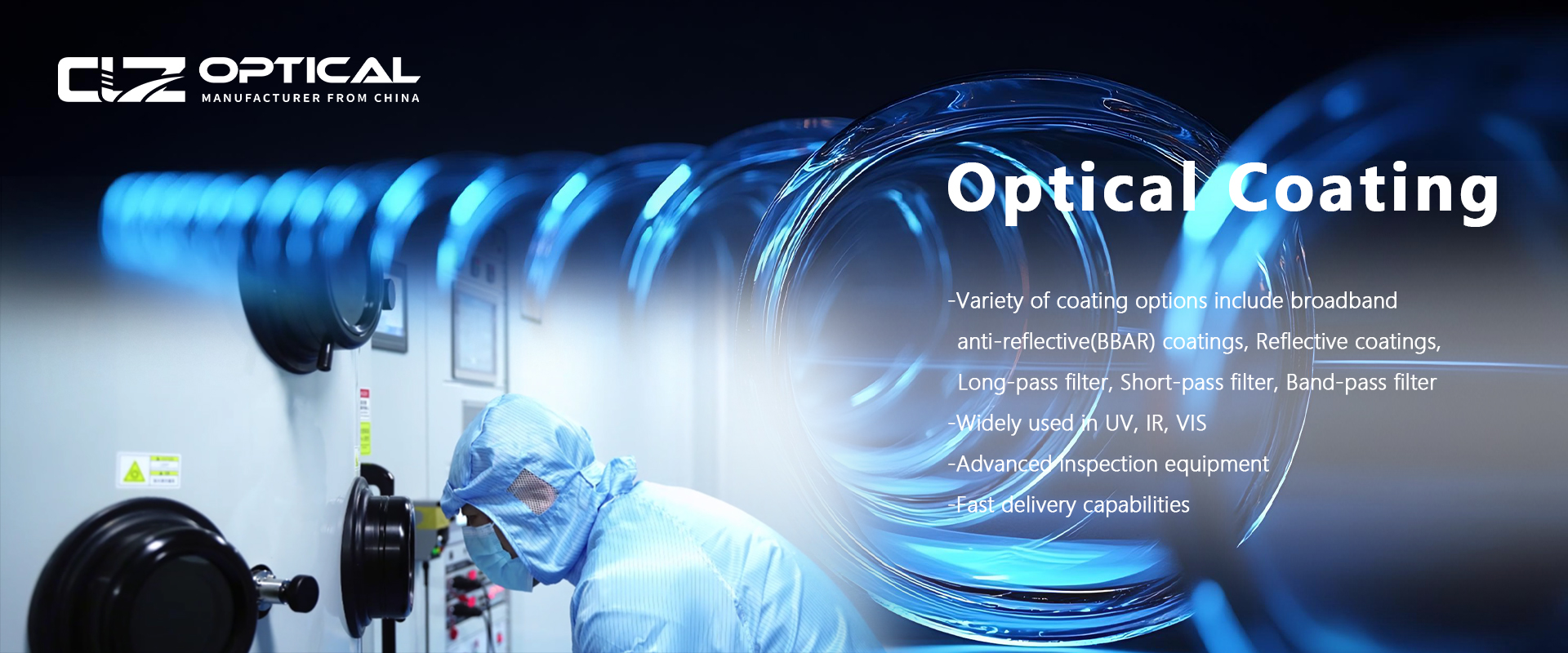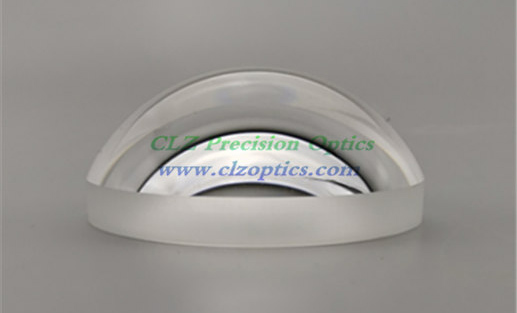5 Advantages of UV-Grade Fused Silica
Dec. 10, 2022
UV grade fused silica is a type of glass that is made from silicon dioxide (SiO2) and is specifically designed for use in applications that require the transmission of ultraviolet (UV) light. Unlike other glasses, which can absorb or scatter UV light, UV-grade fused silica is transparent in the UV spectrum, allowing it to transmit UV light with minimal loss. This makes it an excellent material for use in lenses, windows, and other optical components that need to transmit UV light, such as in microscopy, spectroscopy, and other scientific and industrial applications. UV-grade fused silica is also known for its high mechanical strength, low coefficient of thermal expansion, and chemical resistance, making it well-suited for use in a wide range of demanding environments.
Advantages
UV-grade fused silica lenses have several advantages over lenses made from other materials. Some of the key advantages of UV-grade fused silica lenses include the following:
High transmission
UV-grade fused silica lenses have excellent transmission in the ultraviolet (UV) spectrum, allowing them to transmit more UV light than lenses made from other materials. This makes them well-suited for use in applications that require the transmission of UV light, such as microscopy and spectroscopy.
High mechanical strength
UV-grade fused silica is a very strong and durable material, which makes it ideal for use in lenses that may be subject to mechanical stress or impact. This makes UV-grade fused silica lenses suitable for use in a wide range of applications, including those that involve high-speed or high-pressure environments.
High thermal stability
UV-grade fused silica has a very low coefficient of thermal expansion, which means that it expands very little when heated. This makes it ideal for use in lenses that may be subject to extreme temperature changes, such as those used in high-power lasers or in space-based applications.
High chemical resistance
UV-grade fused silica is highly resistant to a wide range of chemicals, including acids, bases, and solvents. This makes it well-suited for use in applications where the lens may be exposed to harsh chemicals, such as in the manufacturing or chemical processing industries.
Broad wavelength range
UV-grade fused silica is transparent across a broad range of wavelengths, from the ultraviolet to the infrared. This makes it an excellent material for use in lenses that need to transmit light over a wide range of wavelengths, such as in imaging or spectroscopy applications.
If you want to know more information about UV-grade fused silica lenses, please contact us. We will provide professional answers.
Previous: Where Can Biconvex Lenses Be Used?












